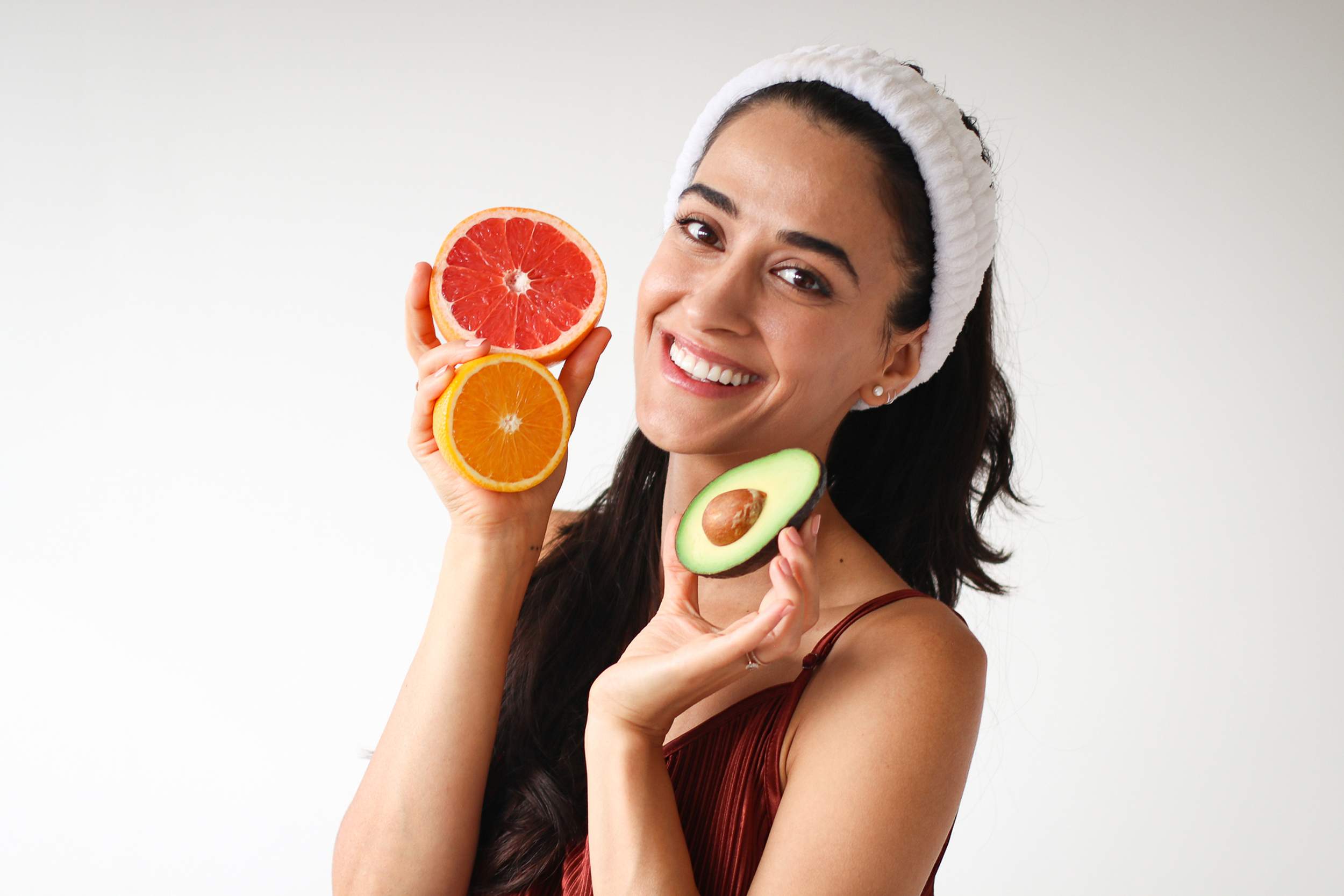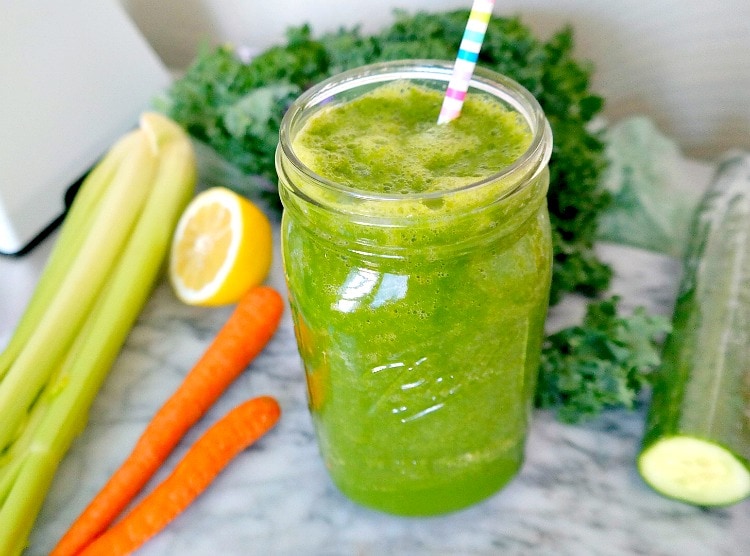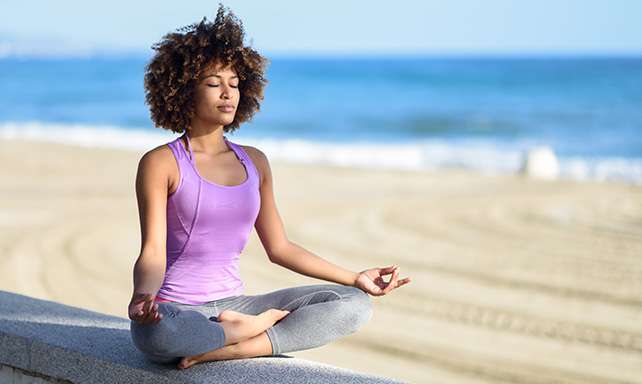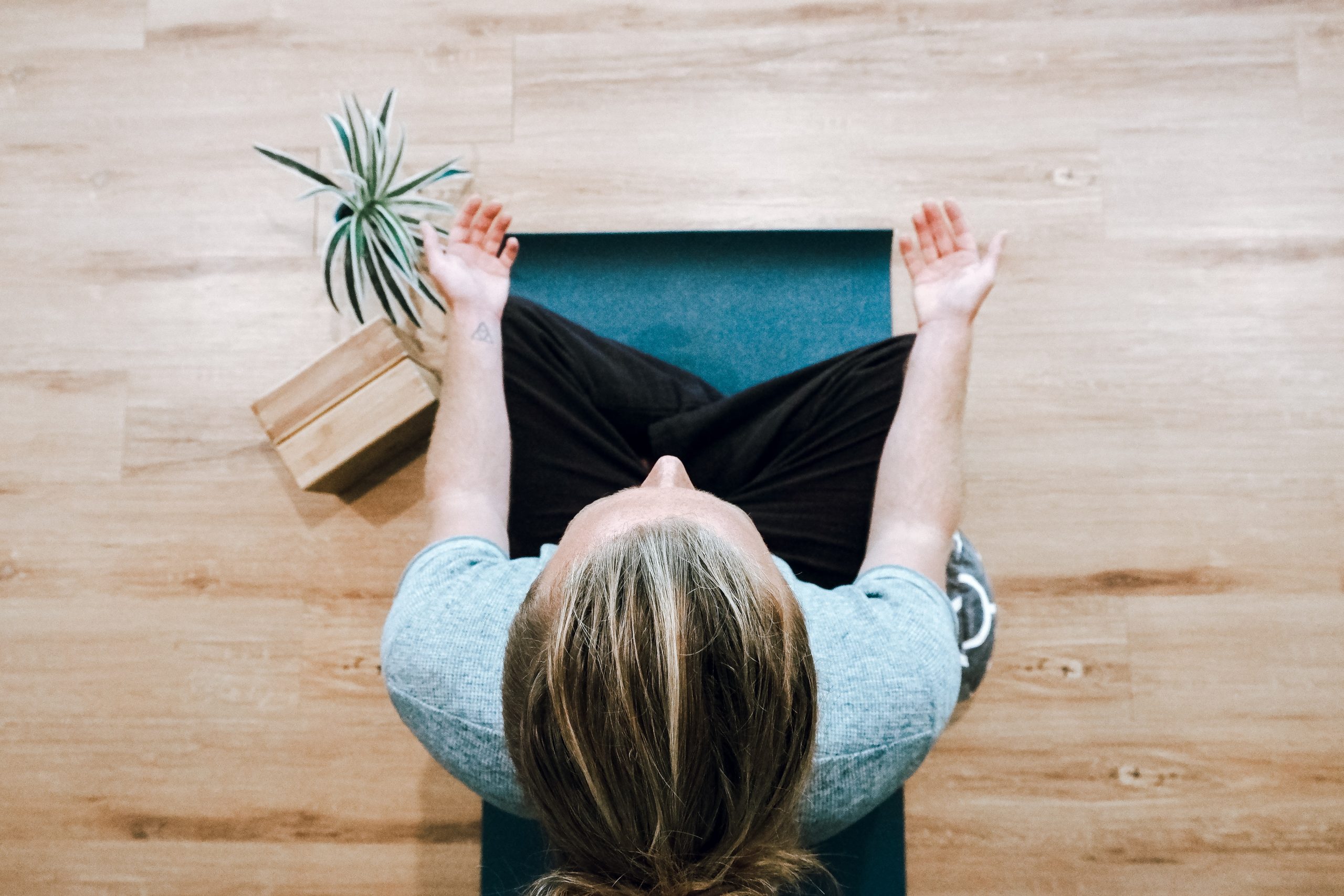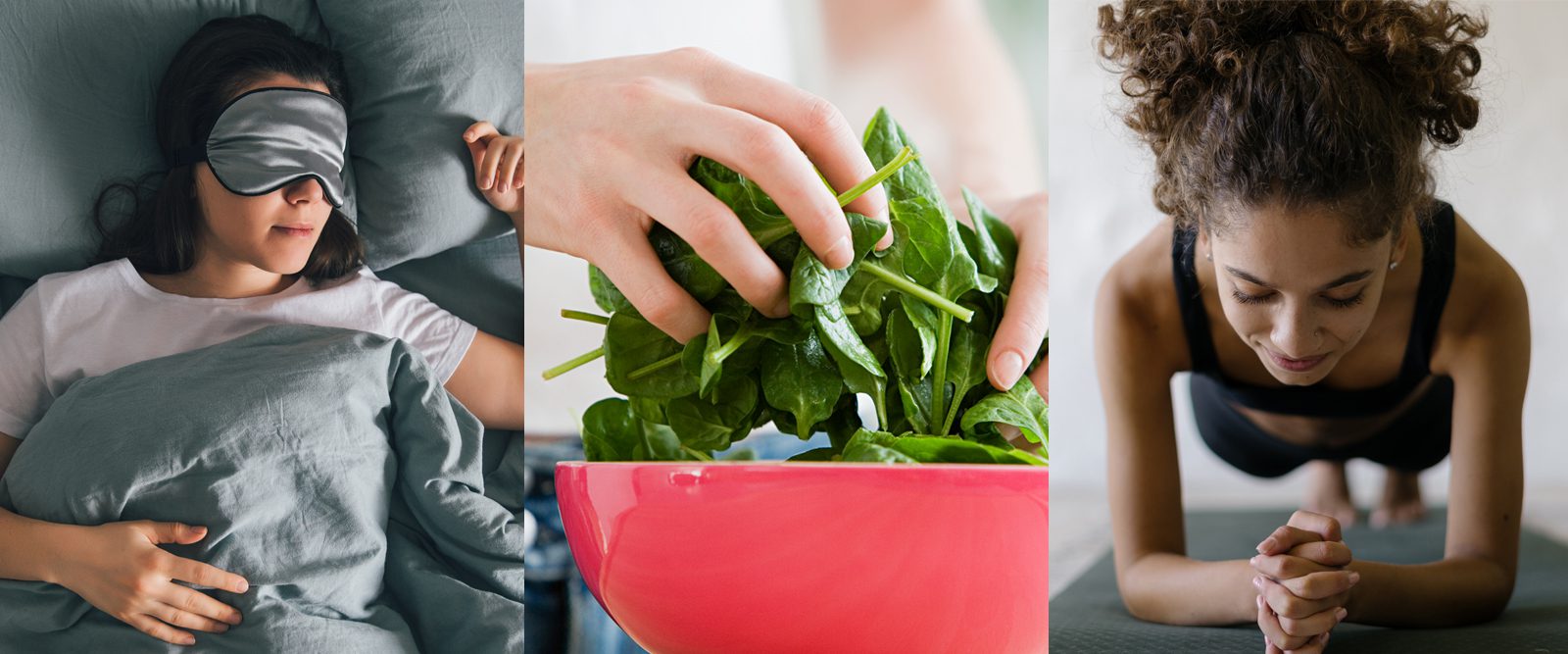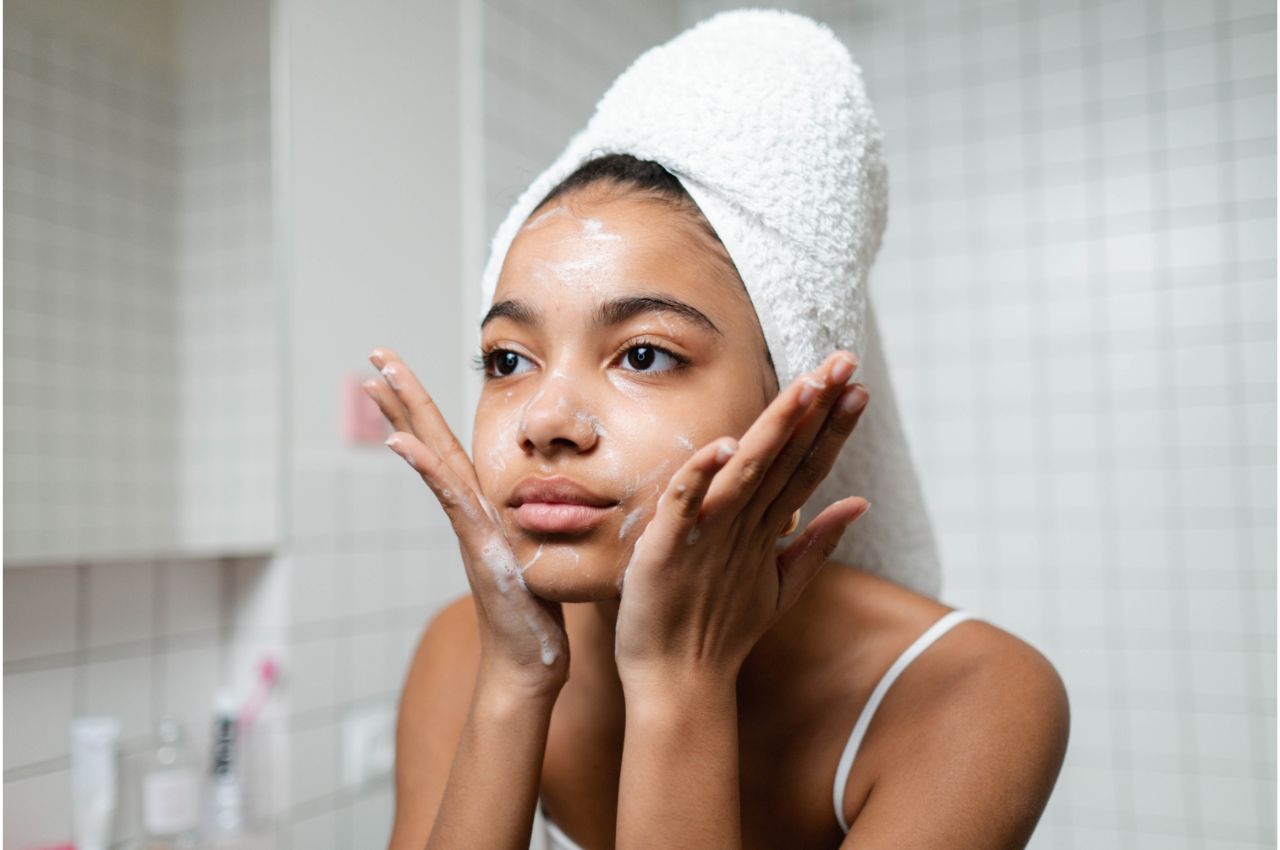What is zinc, and how does it affect the skin? What benefits does it bring, and how should it be properly utilized? As you may already know, Zinc not only contributes to smooth skin but also plays a crucial role in most aspects of your health. This article will explore various types of zinc, its benefits, and recommended supplement dosages. It will also address potential risks and hidden side effects. Read on!

WHAT IS ZINC?
Zinc is a vital mineral. It is crucial for various essential bodily functions. These include fortifying the immune system, healing wounds, facilitating DNA and protein synthesis, and supporting children’s growth and development. The body does not store zinc for long periods. Therefore, consistent daily intake is crucial for overall health. Goodman highlights that a deficiency in zinc may lead to diverse conditions such as rashes and lesions.
WHAT DOES ZINC HELP WITH?
Zinc, a versatile mineral, is integral to various physiological functions, promoting overall health. Renowned for its immune-boosting prowess, zinc aids in defending the body against infections. It also plays a vital role in wound healing, expediting tissue regeneration. Zinc has anti-inflammatory properties. It is a valuable ally for managing conditions like acne and other inflammatory skin issues. Particularly beneficial for those with oily or acne-prone skin, zinc regulates oil production. Its involvement in collagen synthesis enhances skin elasticity and firmness. Zinc is integrated into sunscreens. It acts as a shield against harmful UV rays. Zinc reflects sunlight and creates a protective barrier on the skin. It is crucial to maintain sufficient zinc intake to prevent deficiencies. Deficiencies could lead to health issues, including skin conditions such as eczema and dermatitis. Zinc has many contributions. It’s essential for good health and supports many body functions.
ZINC BENEFITS FOR SKIN
Is zinc good for your skin? With its fantastic benefits for the skin, zinc is a crucial mineral that you should consider supplementing in your diet. Let’s explore the advantages that zinc brings to the table below

TREATS LESIONS AND ACNE
Zinc is a potent ally in treating skin lesions and acne. It works with other vitamins and minerals to promote skin health. When consumed orally, zinc demonstrates its efficacy by reducing the severity of acne. Its ability to work with various nutrients underscores its importance. It helps address specific skin concerns and maintain a clearer, healthier complexion. Its ability to work with various nutrients underscores its importance. It helps address specific skin concerns and maintain a clearer, healthier complexion.
UV PROTECT
Zinc’s remarkable protective properties position it as a key ingredient in high-performance sunscreens, particularly in the form of zinc oxide. Renowned for its ability to deflect UV rays, zinc oxide establishes a robust barrier between the skin and the potentially damaging effects of sun exposure. This physical sun filter in safeguarding the skin from a spectrum of sun-induced issues, ranging from erythema (skin redness) to premature aging. The inclusion of zinc oxide in sunscreen formulations underscores its significance in providing effective protection against harmful UV rays, making it an essential component for maintaining skin health and preventing sun-related damage.
AIDS IN WOUND HEALING
Topically applied through products containing zinc oxide, such as Renée Rouleau’s formula, it plays a pivotal role in shielding the skin. It also helps with wound healing and regeneration. This mineral serves a dual purpose. It acts as a protective barrier, like sunscreen. It also actively participates in the repair and support of the wound healing process. Zinc oxide-infused products underscore its ability to nurture the skin’s resilience. They also expedite recovery in damaged or wounded areas.
REDUCES SKIN INFLAMMATION
Zinc is renowned for its anti-inflammatory properties. It emerges as a valuable tool for mitigating skin inflammation, especially when applied topically. This attribute makes zinc effective for alleviating inflammation in chronic skin conditions. By targeting and reducing inflammatory responses, zinc not only provides relief but also contributes to the overall management of persistent skin diseases.The topical application of zinc showcases its versatility as a soothing agent for the skin. It offers a targeted solution for those grappling with inflammatory skin concerns.
ASSISTS IN COLLAGEN SYNTHESIS
Functioning as an enzyme cofactor, plays a pivotal role in collagen synthesis and DNA repair processes.. This active involvement significantly contributes to maintaining a youthful and healthy appearance of the skin. Zinc contributes to the overall integrity and resilience of the skin. It does this by assisting in the synthesis of collagen, a structural protein crucial for skin elasticity and firmness. Additionally, its role in DNA repair further supports the skin’s ability to regenerate and resist signs of aging. This makes zinc a valuable component in promoting a vibrant and youthful complexion.
HOW TO USE ZINC FOR BETTER SKIN HEALTH
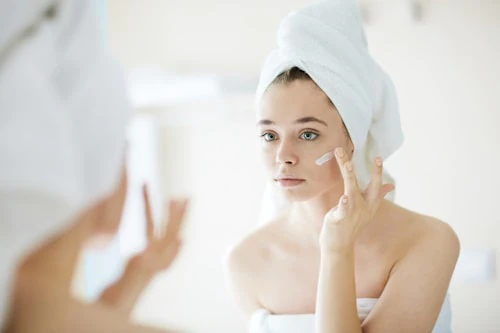
TOPICAL ZINC
- Sunscreen: When selecting a sunscreen, opt for one that contains a minimum of 20% zinc oxide. This ensures effective sun protection. It also provides additional anti-inflammatory benefits for your skin. Zinc oxide acts as a barrier against harmful UV rays. It also reduces inflammation, making it a comprehensive choice for skincare.
- Acne treatments: In your quest for effective acne treatments, seek out moisturizers or serums enriched with zinc. The inclusion of zinc in these products works diligently to combat breakouts. It also addresses acne-related concerns and contributes to clearer and healthier skin.
- Zinc oxide ointments: Zinc oxide ointments harness the benefits of zinc oxide for their soothing properties. They are particularly effective in alleviating irritation, sunburn, and minor wounds. These ointments offer gentle, comforting relief for various skin concerns. They promote healing.
DIETARY ZINC
Food
Zinc is abundant in various foods such as:
- Animal-based Foods:beef, pork, lamb, and bison, seafood (especially oysters), poultry, eggs, milk, and dairy products.
- Plant-based Foods: Soybeans, lentils, various seeds, pumpkin seeds, and whole grains.
SUPPLEMENT
Consult your doctor before adding zinc supplements to your routine. They can advise on the appropriate dosage and potential interactions with existing medications. Generally, 25-50 mg of elemental zinc per day is considered safe for most adults.
ZINC DEFICIENCY SYMPTOMS
Severe zinc deficiency is uncommon. It may affect individuals with rare genetic mutations, breastfeeding infants with zinc-deficient mothers, those with alcohol addictions, and individuals on certain immune-suppressing medications. Symptoms of severe deficiency include impaired growth and delayed sexual maturity. Skin rashes, chronic diarrhea, impaired wound healing, and behavioral issues are also signs.
Milder forms of zinc deficiency are more prevalent, especially among children in developing countries with nutrient-poor diets.
People at risk of zinc deficiency include those with gastrointestinal diseases, vegetarians, vegans, pregnant or breastfeeding individuals, exclusively breastfed older infants, those with sickle cell anemia, malnourished individuals (including those with anorexia or bulimia), those with chronic kidney disease, and those with alcohol use disorder. Symptoms of mild zinc deficiency include: diarrhea, decreased immunity, thinning hair, impaired taste or smell, dry skin, fertility issues, and impaired wound healing.
Detecting zinc deficiency through laboratory tests is challenging. This is because the body tightly controls zinc levels. This can lead to normal test results despite a deficiency. Doctors assess risk factors like poor diet and genetics. They also consider blood results to decide if supplements are necessary.
HOW MUCH ZINC DOES MY BODY ACTUALLY NEED?
Determining the appropriate daily zinc intake depends on dietary habits and the selected supplement. The elemental zinc content varies. For example, zinc sulfate, with 23% elemental zinc, equals around 50 mg in a 220 mg dose, conveniently labeled for dosage calculation.
The recommended daily intake for adults typically ranges from 15 to 30 mg of elemental zinc. Dietary sources, such as a 3-ounce beef patty, provide 5.3 mg. Specific breakfast cereals offer around 2.8 mg per serving. This helps meet these needs. Higher supplemental zinc doses may be used for conditions like acne or respiratory infections. However, exceeding the upper limit of 40 mg per day is cautioned against due to potential side effects, unless guided and supervised by a medical professional.
POSSIBLE SIDE EFFECTS AND RISKS
While zinc offers numerous benefits, it’s crucial to be aware of potential side effects. Too much zinc, especially from supplements, can cause stomach problems. These problems include nausea, vomiting, diarrhea, and stomach cramps .Overconsumption can impact immune function. It can result in a copper deficiency. This can lead to symptoms like anemia and fatigue. Additionally, side effects may include headaches and a metallic taste in the mouth. They may also reduce high-density lipoprotein (HDL) cholesterol levels. To avoid adverse effects, always follow recommended dosage limits. Before adding zinc supplements to your routine, seek guidance from a healthcare professional. If unexpected side effects arise, stop taking zinc. Then consult a healthcare professional for guidance.
CONCLUSION
You see, zinc is an essential nutrient for the human body as well as for the skin. Many health benefits, especially immunity and hormonal balance. Having read this far, you probably understand what zinc cream is, right? Hope this article has brought it to you moments to find the most useful information.
FAQs
1. Does zinc help skin glow?
Yes, zinc can! It boosts collagen production for firmer skin and acts as an antioxidant.. They help the body in combating free radicals and significantly delay skin aging.
2. Does zinc help with dark spots?
Along with scarring, acne and other inflammatory skin problems can leave behind dark spots. Use sunscreen containing zinc oxide to diminish existing spots and prevent acne formation.
3. How much zinc should I take for clear skin?
The recommended upper intake level for zinc supplements is 40 mg daily for adults.



